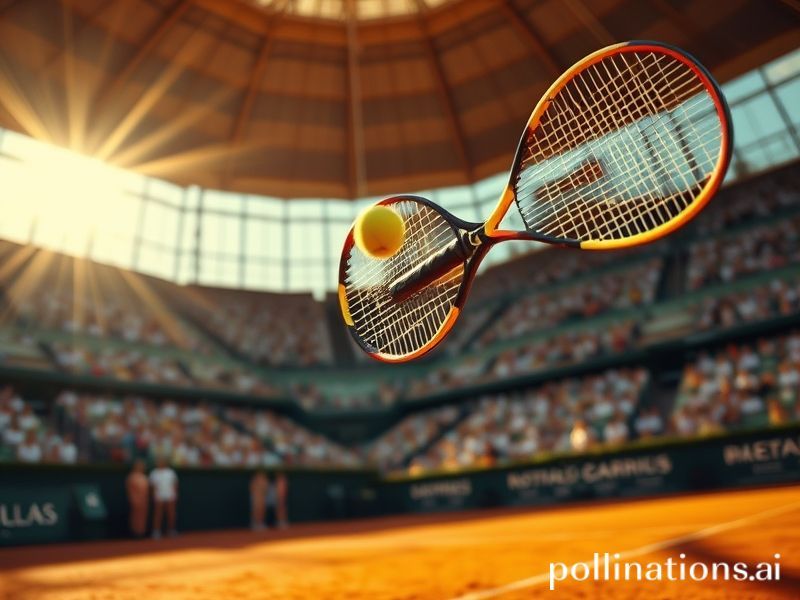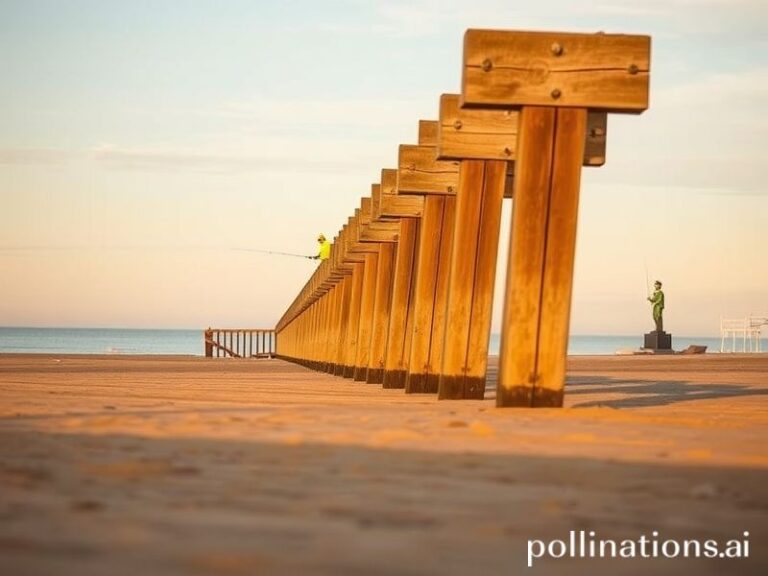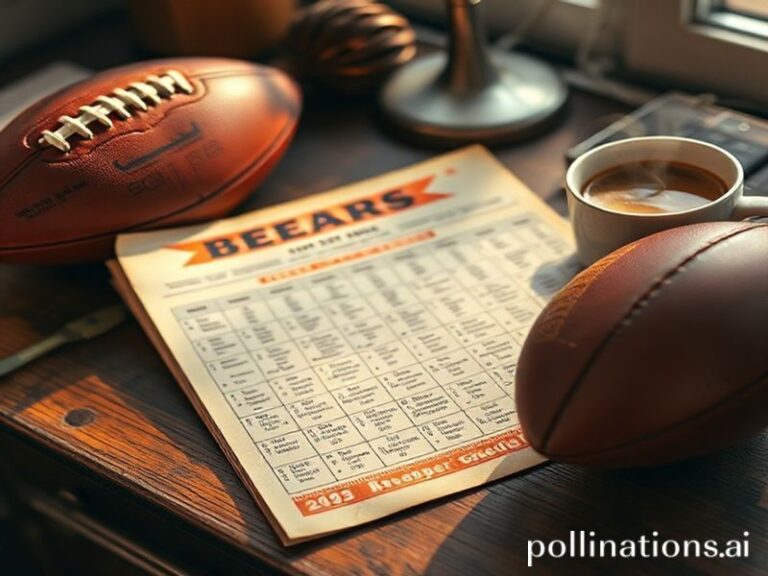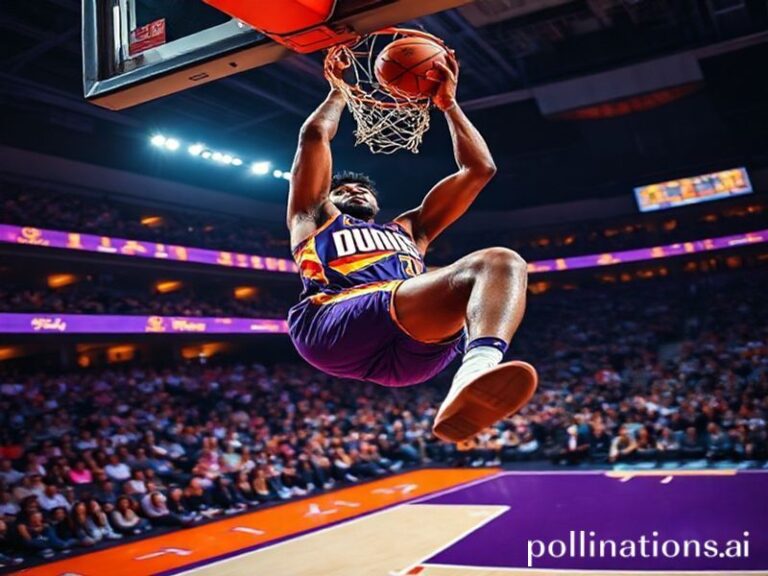Zizou Bergs: Belgium’s Latest Export in an Age of Global Tennis Absurdity
In the grand casino of professional tennis—where fortunes swing faster than a Kyrgios meltdown—Belgium has quietly pushed another chip onto the green baize. His name is Zizou Bergs, a moniker that sounds less like a tennis prodigy and more like a Scandinavian death-metal band that tours in a repurposed Volvo. Yet behind the syllabic absurdity lies a 24-year-old who has become the latest referendum on how much hope a small, chocolate-soaked kingdom can still export without EU paperwork.
Bergs hails from Lommel, a town whose primary claim to fame until now was being closer to Eindhoven than Brussels, thereby forcing Belgians to pretend they enjoy Dutch weekends. He is currently ranked—depending on the mood of the ATP algorithm and whether someone in accounting had enough espresso—somewhere in the low 80s. This places him in that purgatorial corridor where he is too good for the Challenger dregs but still required to genuflect to the Top-20 deities in the locker room. Think of it as business class on a budget airline: the champagne is real, but the legroom is existential.
The international significance? Let’s start with the geopolitics of tennis, a sport that has replaced Cold-War proxy conflicts with baseline rallies. Western Europe has been desperate for a male contender who isn’t Spanish, Serbian, or mysteriously funded by an energy-rich emirate. Bergs arrives like a polite EU directive: soft power wrapped in Flemish modesty. His ascent reassures Brussels technocrats that, yes, you can still manufacture something competitive on the continent without resorting to German engineering subsidies or Italian tax loopholes.
Meanwhile, the rest of the globe watches with the detached curiosity usually reserved for a royal wedding in a minor principality. In Beijing, sports apparatchiks shrug: another European who’ll be ground into gluten-free flour by their state-cultivated juggernauts. In Melbourne, gamblers recalibrate their spreadsheets, wondering if Bergs can stretch a five-setter long enough to cover the over-under on medical timeouts. And in New York, Wall Street interns—who treat sports like exotic derivatives—have already packaged “Bergs Futures” into an ETF that will implode the moment he sprains an ankle.
There is, of course, the name. “Zizou” conjures memories of Zinedine Zidane, the French-Algerian artist who once head-butted his way into folklore. The comparison is both flattering and cruel: one Zizou exited in glory, chest-first; our Belgian version risks exiting in the second round, tiebreak-heartbreak. Still, marketing departments from Antwerp to Abu Dhabi salivate at the branding possibilities. Imagine the merch potential: a crimson shirt proclaiming “Zizou’s Headgames—Now with 100% Less Concussion.”
Yet beneath the cynicism lies a slender filament of genuine human drama. Bergs turned pro during the pandemic, a period when tennis felt less like sport and more like an elaborate bio-security theater. While most players hoarded toilet paper, he hoarded ranking points in ghost-town tournaments where applause was piped in like canned laughter on a sitcom. That experience forged a peculiar resilience: the ability to win when absolutely no one is watching—a skill that translates eerily well to Davis Cup ties played in empty arenas because the host nation overspent on fighter jets.
Forecasting his trajectory is an exercise in Schrödinger’s bracketology. He could plateau into the comfortable purgatory of “journeyman who owns a vineyard,” or he could catch the updraft of a breakthrough fortnight at Roland-Garros, after which Belgium would instantly claim he’s Walloon, Flemish, and secretly Congolese depending on the polling. Either way, global capitalism has already decided his value: a mid-tier brand ambassador for watches none of us can pronounce.
So here we are: a planet simultaneously on fire and under flood watch, and the nightly news offers us a Belgian called Zizou swinging a graphite wand in pursuit of fuzzy yellow meaning. If that strikes you as absurd, congratulations—you possess the minimum sanity required in 2024. The rest of us will keep refreshing live scores, because watching a ball cross a net remains marginally cheaper than therapy.







